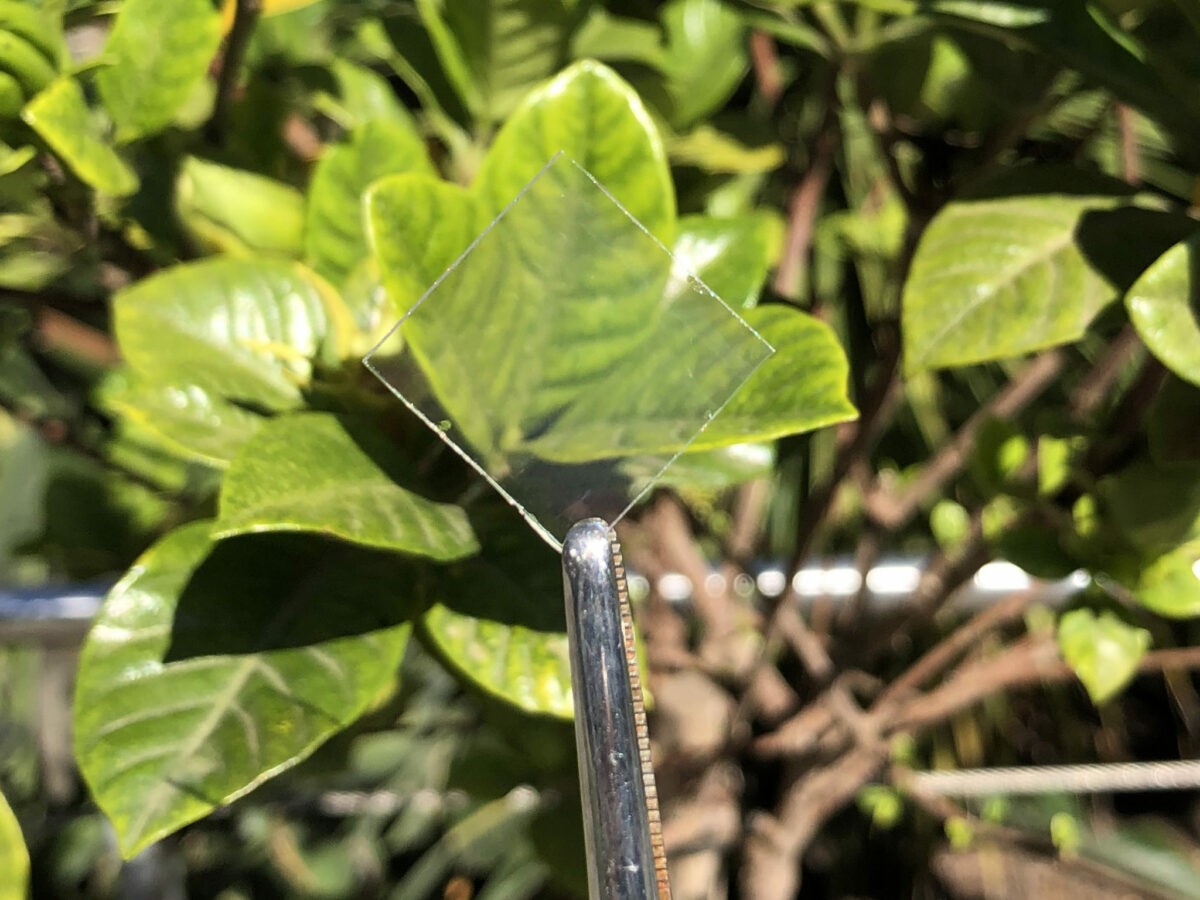Researchers seek industrial partners to scale up Australian smart glass breakthrough

An RMIT team has developed scalable and affordable spray-on coatings that could help create the next generation of energy-saving windows.
An announcement on the work — supported by the Australian Research Council and performed with collaborators at La Trobe University and Queensland University of Technology — says the technique could create transparent electrodes out of cheaper materials, leading to effective production of energy-saving smart windows and low-emissivity glass. It is described as producing ultra-thin coatings able to block heat and conduct electricity.
“Smart windows and low-E glass can help regulate temperatures inside a building, delivering major environmental benefits and financial savings, but they remain expensive and challenging to manufacture,” said lead investigator Della Gaspera, a senior lecturer and Australian Research Council DECRA Fellow at RMIT.
“We’re keen to collaborate with industry to further develop this innovative type of coating.
Gaspera said the breakthrough could lead to much cheaper energy-saving windows and potentially make them a standard for new buildings.
PhD researcher and first author of the paper in Advanced Materials Interfaces Jaewon Kim said the aim was to next develop precursors that decomposed at lower temperatures and could then be used in plastics and flexible electronics, as well as scaling up deposition.
“The spray coater we use can be automatically controlled and programmed, so fabricating bigger proof-of-concept panels will be relatively simple,” said Kim.
Picture: RMIT
Subscribe to our free @AuManufacturing newsletter here.
Topics Manufacturing News
@aumanufacturing Sections
Analysis and Commentary Awards casino reviews Defence Gambling Manufacturing News Online Casino Podcast Technology Videos





